

Self tapping bolts, also known as self-drilling screws, are fasteners that can drill their own pilot hole and thread into a material in a single operation. This eliminates the need for pre-drilled holes, saving time and effort. They are commonly used in various industries, including construction, automotive, and electronics, offering a secure and efficient fastening solution.Understanding Self Tapping BoltsWhat are Self Tapping Bolts?Self tapping bolts are designed with a cutting thread that creates a mating thread in the material being fastened. Unlike machine screws that require pre-tapped holes, self tapping bolts simultaneously drill, tap, and fasten. This feature is particularly useful in applications where access is limited or where drilling pilot holes is impractical.Types of Self Tapping BoltsThere are several types of self tapping bolts, each designed for specific materials and applications: Thread Forming Screws: These screws displace material to form the thread. They are suitable for softer materials like sheet metal. Thread Cutting Screws: These screws have cutting edges that remove material to create the thread. They are suitable for harder materials like steel and aluminum. Self-Drilling Screws (Tek Screws): These screws have a drill point that eliminates the need for a pilot hole. They are ideal for thick metal sheets and other hard materials.Materials Used in Self Tapping BoltsSelf tapping bolts are typically made from hardened steel or stainless steel. Hardened steel provides high strength and durability, while stainless steel offers corrosion resistance. The choice of material depends on the application and the environment in which the bolts will be used.Applications of Self Tapping BoltsSelf tapping bolts are used in a wide range of industries and applications: Construction: Fastening metal sheets, roofing, and HVAC systems. Automotive: Assembling vehicle components and securing interior panels. Electronics: Attaching components to electronic enclosures and devices. Manufacturing: General assembly of metal products.Choosing the Right Self Tapping BoltSelecting the appropriate self tapping bolt is crucial for ensuring a secure and reliable fastening. Consider the following factors: Material Thickness: Choose a bolt length that is appropriate for the thickness of the material being fastened. Material Type: Select a bolt type that is compatible with the material being fastened. Thread-cutting screws are better for harder materials, while thread-forming screws are suitable for softer materials. Head Style: Choose a head style that is appropriate for the application. Common head styles include pan head, flat head, and button head. Environment: Consider the environment in which the bolts will be used. Stainless steel bolts are recommended for corrosive environments.Benefits of Using Self Tapping BoltsUsing self tapping bolts offers several advantages: Reduced Labor Costs: Eliminates the need for pre-drilling and tapping. Increased Efficiency: Speeds up the assembly process. Improved Joint Strength: Creates a secure and reliable fastening. Versatility: Can be used in a wide range of materials and applications.Working with Hebei Muyi Import&Export Trading Co.,Ltd for Your Fastener NeedsAs a leading self tapping bolts manufacturer, Hebei Muyi Import&Export Trading Co.,Ltd offers a comprehensive range of high-quality fasteners designed to meet diverse industrial needs. Our commitment to excellence ensures that our customers receive reliable and durable products for their critical applications. We understand the importance of choosing the right fasteners, which is why we provide expert guidance to help you select the optimal self tapping bolts for your specific requirements.Self Tapping Bolt Specifications: A Detailed LookTo effectively utilize self tapping bolts, understanding their specifications is crucial. Here's a breakdown of common parameters: Diameter: The outer diameter of the bolt thread. Common sizes range from #4 to #14. Length: The distance from the underside of the head to the tip of the bolt. Threads Per Inch (TPI): The number of threads per inch along the bolt's shank. Head Style: The shape of the bolt head, influencing the aesthetics and functionality of the fastening. Drive Type: The type of recess in the bolt head that accepts a screwdriver or other driving tool (e.g., Phillips, slotted, Torx).Self Tapping Bolts vs. Machine Screws: Key DifferencesWhile both self tapping bolts and machine screws are used for fastening, their application and functionality differ significantly: Feature Self Tapping Bolts Machine Screws Pilot Hole Required No (Self-Drilling) or Minimal Yes (Pre-Tapped Hole) Application Materials where tapping is difficult or not feasible Applications requiring frequent assembly and disassembly Material Compatibility Sheet metal, plastics, wood Metal, plastic Installation Tips for Self Tapping BoltsProper installation is essential to maximize the performance of self tapping bolts: Use the Right Driver: Choose a driver that matches the drive type of the bolt head. Apply Consistent Pressure: Avoid excessive force, which can strip the threads. Start Straight: Ensure the bolt is perpendicular to the surface before driving. Avoid Over-Tightening: Over-tightening can damage the material or the bolt itself.Quality Control and Testing for Self Tapping BoltsReputable self tapping bolts manufacturers, like Hebei Muyi, implement rigorous quality control procedures to ensure product reliability. These may include: Material Testing: Verifying the chemical composition and mechanical properties of the steel. Dimensional Inspection: Ensuring the bolt meets specified dimensions. Hardness Testing: Measuring the hardness of the bolt to ensure it meets standards. Thread Testing: Inspecting the threads for proper form and fit.Frequently Asked Questions About Self Tapping BoltsHere are some common questions regarding self tapping bolts:Q: Can self tapping bolts be removed and reused?A: Yes, but repeated removal and re-installation can weaken the threads and reduce holding power.Q: What is the difference between a self tapping screw and a self drilling screw?A: A self-drilling screw has a drill point that eliminates the need for a pilot hole, while a self-tapping screw may require a small pilot hole in harder materials.Q: What are the common head styles for self tapping bolts?A: Common head styles include pan head, flat head, button head, and truss head. Each style offers different aesthetic and functional benefits.ConclusionSelf tapping bolts offer a versatile and efficient fastening solution for a wide range of applications. By understanding the different types of bolts, their specifications, and proper installation techniques, you can ensure a secure and reliable fastening. As your trusted self tapping bolts manufacturer, Hebei Muyi Import&Export Trading Co.,Ltd is committed to providing high-quality fasteners that meet your specific needs. Contact us today to learn more about our products and services.



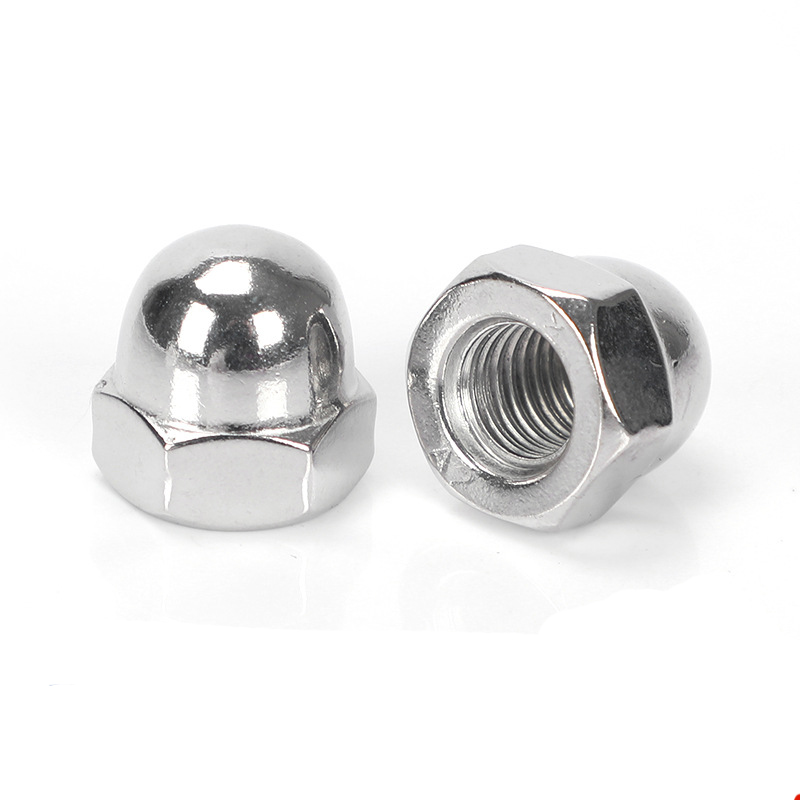
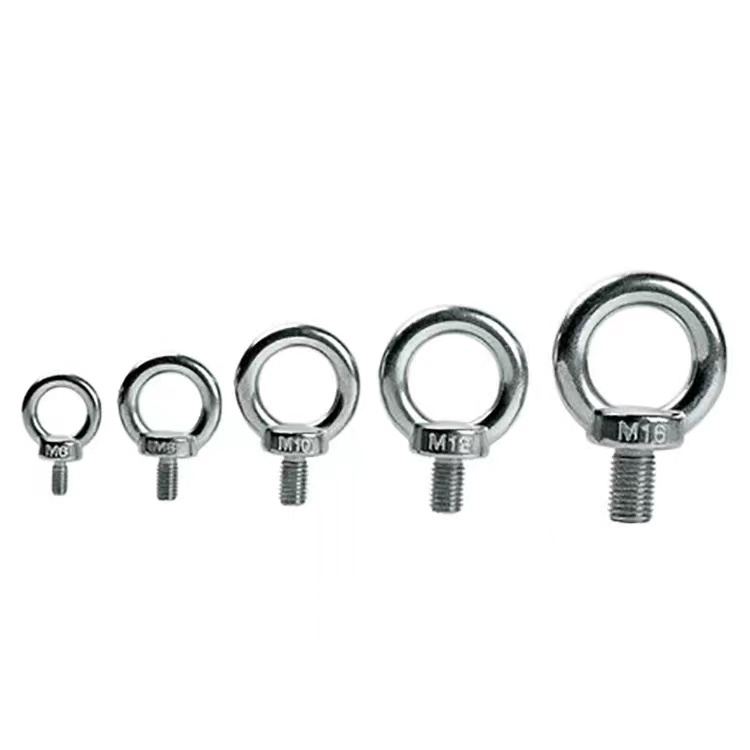

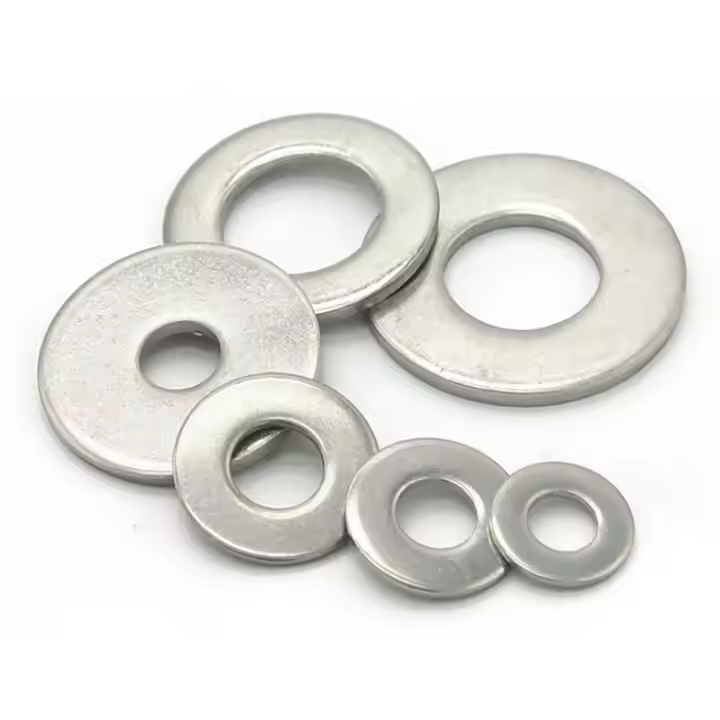
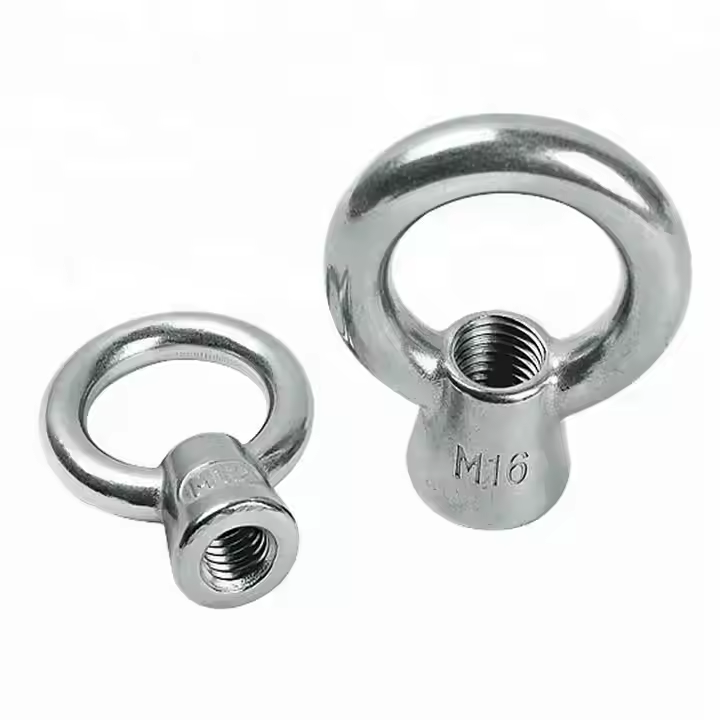


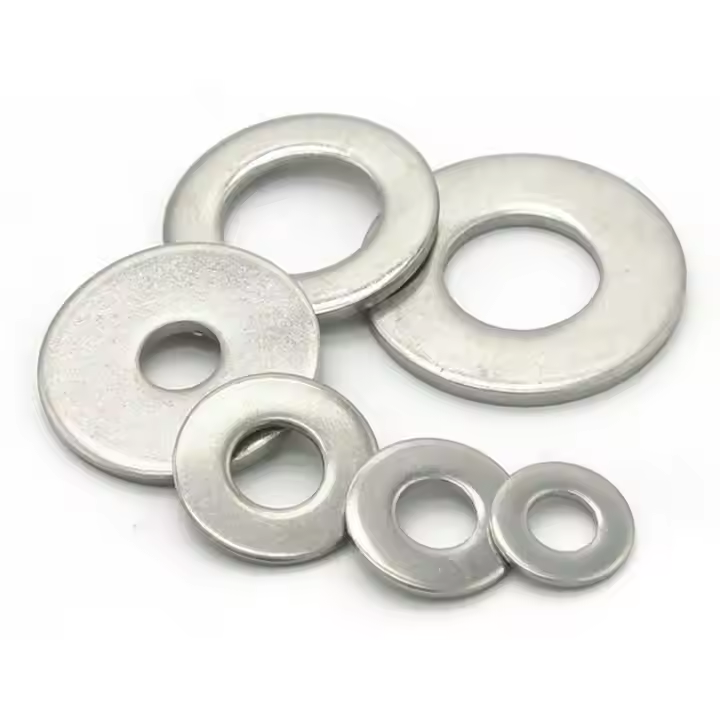
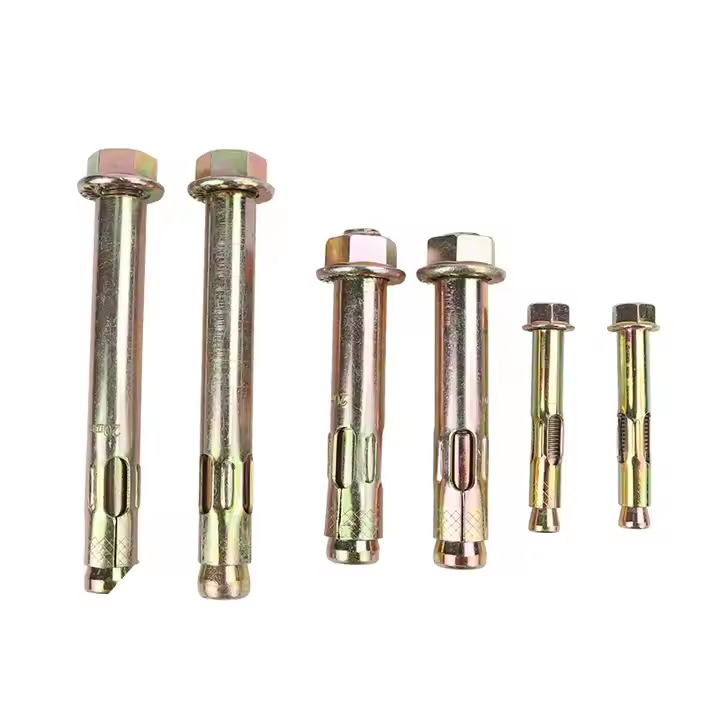

Please enter your email address and we will reply to your email.